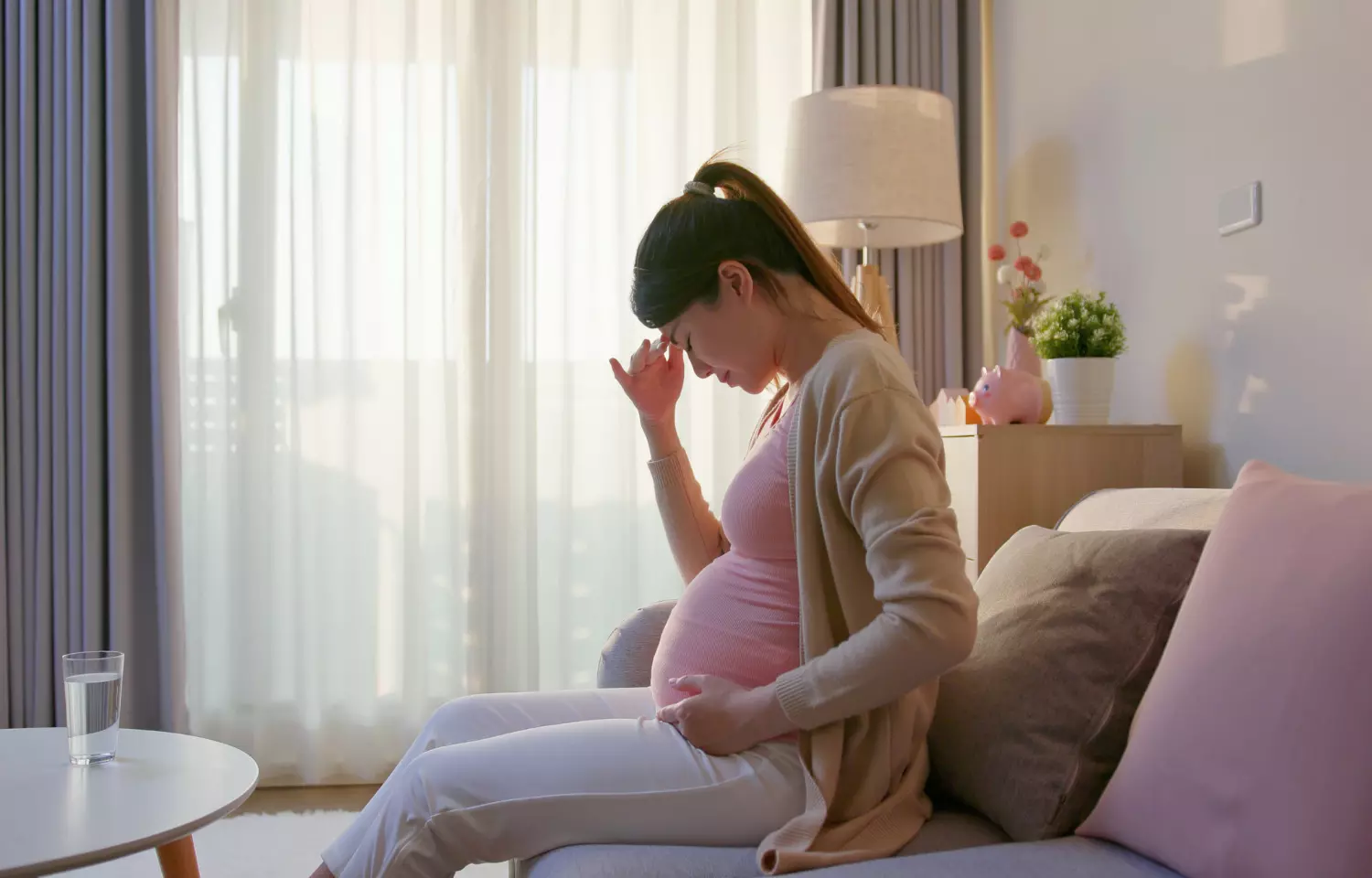- Home
- Medical news & Guidelines
- Anesthesiology
- Cardiology and CTVS
- Critical Care
- Dentistry
- Dermatology
- Diabetes and Endocrinology
- ENT
- Gastroenterology
- Medicine
- Nephrology
- Neurology
- Obstretics-Gynaecology
- Oncology
- Ophthalmology
- Orthopaedics
- Pediatrics-Neonatology
- Psychiatry
- Pulmonology
- Radiology
- Surgery
- Urology
- Laboratory Medicine
- Diet
- Nursing
- Paramedical
- Physiotherapy
- Health news
- Fact Check
- Bone Health Fact Check
- Brain Health Fact Check
- Cancer Related Fact Check
- Child Care Fact Check
- Dental and oral health fact check
- Diabetes and metabolic health fact check
- Diet and Nutrition Fact Check
- Eye and ENT Care Fact Check
- Fitness fact check
- Gut health fact check
- Heart health fact check
- Kidney health fact check
- Medical education fact check
- Men's health fact check
- Respiratory fact check
- Skin and hair care fact check
- Vaccine and Immunization fact check
- Women's health fact check
- AYUSH
- State News
- Andaman and Nicobar Islands
- Andhra Pradesh
- Arunachal Pradesh
- Assam
- Bihar
- Chandigarh
- Chattisgarh
- Dadra and Nagar Haveli
- Daman and Diu
- Delhi
- Goa
- Gujarat
- Haryana
- Himachal Pradesh
- Jammu & Kashmir
- Jharkhand
- Karnataka
- Kerala
- Ladakh
- Lakshadweep
- Madhya Pradesh
- Maharashtra
- Manipur
- Meghalaya
- Mizoram
- Nagaland
- Odisha
- Puducherry
- Punjab
- Rajasthan
- Sikkim
- Tamil Nadu
- Telangana
- Tripura
- Uttar Pradesh
- Uttrakhand
- West Bengal
- Medical Education
- Industry
Clean Air for Healthy Minds: Study Reveals Link Between Air Pollution and Postpartum Depression

In a groundbreaking revelation, a recent study conducted by researchers from Kaiser Permanente Southern California has shed light on the alarming connection between air pollution and postpartum depression (PPD). The study found compelling evidence linking exposure to air pollutants during and after pregnancy to a higher risk of developing PPD.
The study results were published in the journal JAMA Network Open.
Postpartum depression (PPD) is the main form of major depressive disorder and is one of the most frequent causes of childbirth complications. Recent literature has shown an association between air pollution and the mental health of the general population. Hence researchers conducted a retrospective cohort study by using data from Kaiser Permanente Southern California (KPSC) to examine the associations between antepartum and postpartum maternal air pollution exposure and PPD.
The study, conducted between January 1 and May 10, 2023, meticulously assessed ambient air pollution exposure concerning maternal residential addresses. They analyzed 340,679 women. Monthly averages of particulate matter less than or equal to 2.5 μm (PM2.5), particulate matter less than or equal to 10 μm (PM10), nitrogen dioxide (NO2), and ozone (O3) were scrutinized. What sets this research apart is its comprehensive analysis of PM2.5 constituents, including sulfate, nitrate, ammonium, organic matter, and black carbon. These assessments were made possible through sophisticated spatial interpolation techniques, combining satellite, ground-based monitor, and chemical transport modeling data. Participants with an Edinburgh Postnatal Depression Scale score of 10 or higher during the 6 months after giving birth were referred to a clinical interview for further assessment and diagnosis.
Findings:
- Nearly 7.54% of the participants had PPD.
- This study, a significant leap in understanding the complexities of maternal mental health, discovered that women exposed to elevated levels of particulate matter (PM2.5 and PM10) and ozone (O3) during pregnancy and the postpartum period were more susceptible to experiencing PPD.
- Astonishingly, specific components of PM2.5, namely organic matter and black carbon, were identified as major contributors to this heightened risk.
- While ozone exposure was found to elevate PPD risks throughout the entire duration of pregnancy and postpartum, particulate matter exposure, especially PM2.5, during late pregnancy and the postpartum period was particularly detrimental.
The implications of this research are profound, prompting urgent attention from public health experts and policymakers. The study underscores the critical importance of addressing environmental factors in the quest for maternal mental well-being. By understanding the links between air quality and mental health, interventions can be developed to mitigate the risks associated with air pollution during pregnancy and postpartum. The study not only highlights the urgent need for stricter regulations on air quality but also emphasizes the necessity of community-based initiatives to raise awareness about the impact of pollution on maternal mental health.
Further reading: Sun Y, Headon KS, Jiao A, et al. Association of Antepartum and Postpartum Air Pollution Exposure With Postpartum Depression in Southern California. JAMA Netw Open. 2023;6(10):e2338315. doi:10.1001/jamanetworkopen.2023.38315
BDS, MDS
Dr.Niharika Harsha B (BDS,MDS) completed her BDS from Govt Dental College, Hyderabad and MDS from Dr.NTR University of health sciences(Now Kaloji Rao University). She has 4 years of private dental practice and worked for 2 years as Consultant Oral Radiologist at a Dental Imaging Centre in Hyderabad. She worked as Research Assistant and scientific writer in the development of Oral Anti cancer screening device with her seniors. She has a deep intriguing wish in writing highly engaging, captivating and informative medical content for a wider audience. She can be contacted at editorial@medicaldialogues.in.
Dr Kamal Kant Kohli-MBBS, DTCD- a chest specialist with more than 30 years of practice and a flair for writing clinical articles, Dr Kamal Kant Kohli joined Medical Dialogues as a Chief Editor of Medical News. Besides writing articles, as an editor, he proofreads and verifies all the medical content published on Medical Dialogues including those coming from journals, studies,medical conferences,guidelines etc. Email: drkohli@medicaldialogues.in. Contact no. 011-43720751




